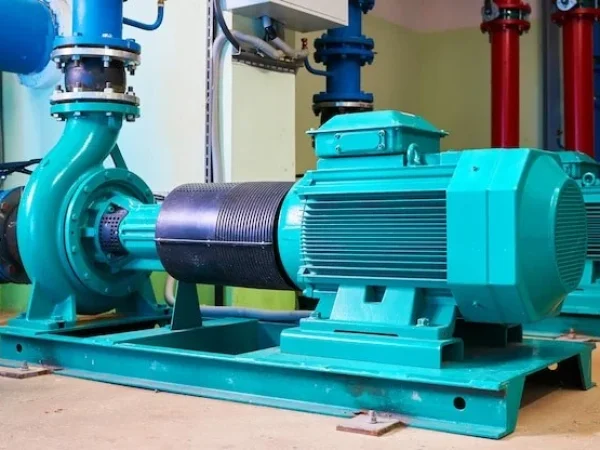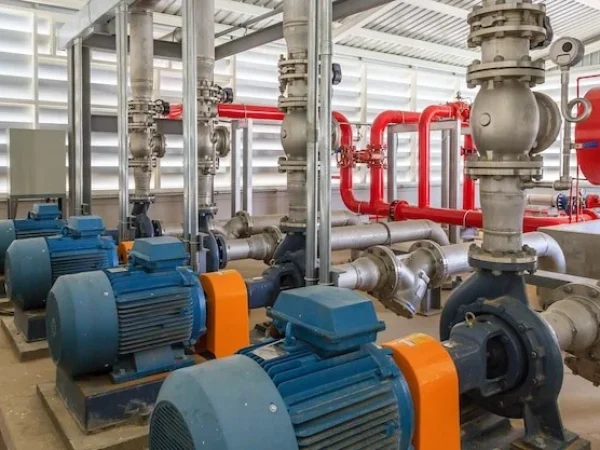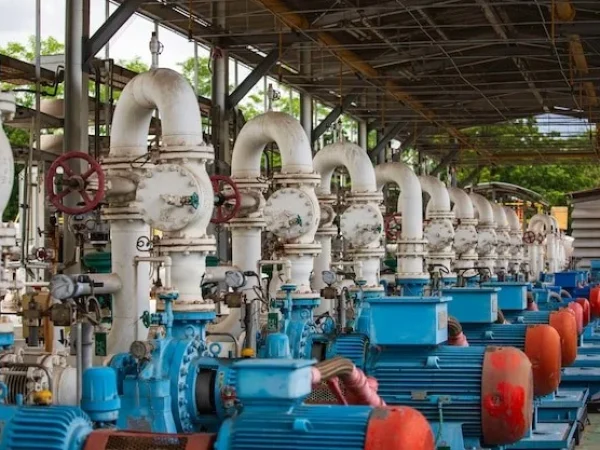Motor Starting Study and Analysis

Motor Starting Study and Analysis is essential for optimizing motor performance and preventing system disruptions. Our detailed analysis ensures smooth startups, compliance with industry standards, and efficient operation in large motors. Motor starting studies assess and analyze the performance of motors during their startup phase. Essential for large motors in industrial and commercial systems, this study evaluates critical parameters such as starting current, voltage drops, voltage dips, and the time required for startup. A thorough understanding of motor starting behavior is crucial to prevent disruptions to the motor and surrounding equipment. With motors increasing in capacity, especially in industrial systems, ensuring smooth and reliable motor startups is vital. Without proper starting methods, there is a risk of equipment damage, power quality issues, and even blackouts.

Significance of Motor Starting Studies
Motor starting studies are crucial for:
- Ensuring motors can start under various operational conditions without causing voltage dips below 80%.
- Analysing the impact of startup transients on adjacent equipment.
- Assessing motor speed-torque characteristics and determining acceleration time.
- Verifying appropriate sizing of transformers, feeders, and protective devices. Preventing nuisance tripping during startup.
Significance of Motor Starting Studies
Motor starting studies are crucial for:
- Ensuring motors can start under various operational conditions without causing voltage dips below 80%.
- Analysing the impact of startup transients on adjacent equipment.
- Assessing motor speed-torque characteristics and determining acceleration time.
- Verifying appropriate sizing of transformers, feeders, and protective devices. Preventing nuisance tripping during startup.


Reference Standards for Motor Acceleration Study
To conduct motor starting studies, several established standards are used:
- IEEE 399-1997 – IEEE Recommended Practice for Industrial and Commercial Power Systems Analysis
- IEEE 3002.7 – 2018 Recommended Practice for Conducting Motor-Starting Studies and Analysis
- IEC 60034-2022 – Rotating Electrical Machines
- NEMA – National Electric Manufacturers Association
How to Carry Out a Motor Acceleration Study
How to Carry Out a Motor Acceleration Study
• Single Line Diagram (SLD)
• Equipment datasheets and factory test reports
• Motor-operated valve (MOV) data and dynamic models
• Load and motor inertia details
Creating a Software Model
• Model the entire system, incorporating key parameters.
Refining Study Scenarios
• Consider fault current, grid voltage changes, and simultaneous motor startups.
Simulation
• Run simulations using software to assess motor performance under various scenarios
Reporting
• Deliver a detailed report, including simulations and recommendations.

Deliverables for Motor Acceleration Study
- A comprehensive report with input data, operational scenarios, observations, and recommendations.
- Graphical representations of torque-slip characteristics, bus voltages, motor voltage, and reactive power.
- A presentation highlighting potential issues like voltage breaches, equipment overloads, or motor stalling.
- Actionable solutions for resolving identified issues, including recommended starters, drives, and motor startup sequences.
